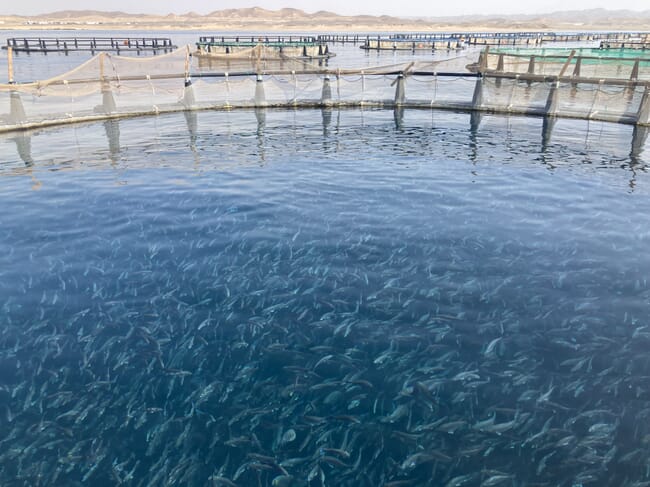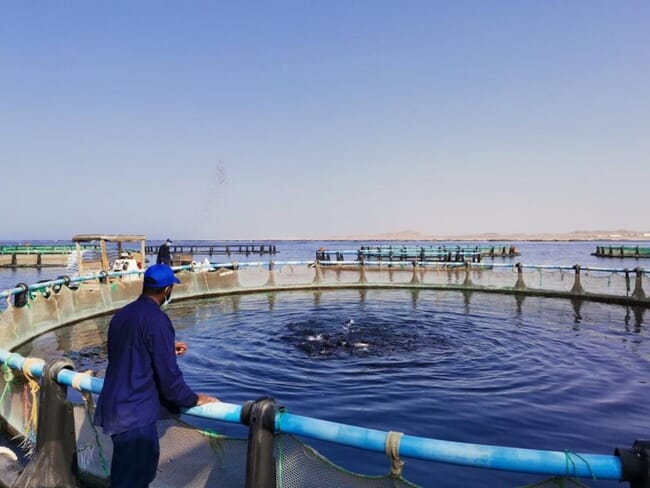
Saudi Arabia has made several investments to facilitate the growth of its aquaculture sector © Kyra Hoevenaars
The remarks were made during an interview with Al-Ekhbarya, an Arabic news and current affairs TV channel. According to reporting in The Saudi Gazette, Al-Shaikhi said that Saudi Arabia would reach its aquaculture production goal after joining the Network of Aquaculture Centres in Asia-Pacific (NACA), the largest international organisation in the sector.
NACA was formed by an international treaty and signed in Bangkok in January 1988. The organisation aims to raise the profile and recognise the importance of aquaculture and fisheries in the Asia-Pacific region. It also maintains a network of aquaculture centres and has made significant contributions to the development of the sector in Asia.
Al-Shaikhi said that there are several international organisations and research centres that previously worked in aquaculture, but the kingdom’s ascension to NACA places it on a strategic path, allowing Saudi Arabia to join forces with countries that produce more than 90 percent of the world’s aquaculture output.

A study in 2010 found that the kingdom has the potential to produce over one million tonnes of seafood a year © Petros Thomas
In addition to joining NACA, Saudi Arabia’s aquaculture sector has received several recent boons including independent sustainability certifications from Best Aquaculture Practices (BAP) for Tabuk Fisheries Company and an Aquaculture Stewardship Council (ASC) certification for a shrimp farm operated by the National Aquaculture Group (Naqua).
A study conducted by the National Fisheries Development Programme in 2010 found that the kingdom has the potential to produce over one million tonnes of seafood a year. Despite this potential, Saudi Arabia’s aquaculture sector produced 100,000 tonnes in 2020. Officials have set targets to increase this output to 300,000 tonnes by 2025 and reach 600,000 tonnes by 2030. Policymakers expect marine fish will account for 450,000 tonnes of this target, while shrimp and land-based aquaculture facilities will make up the remainder.




